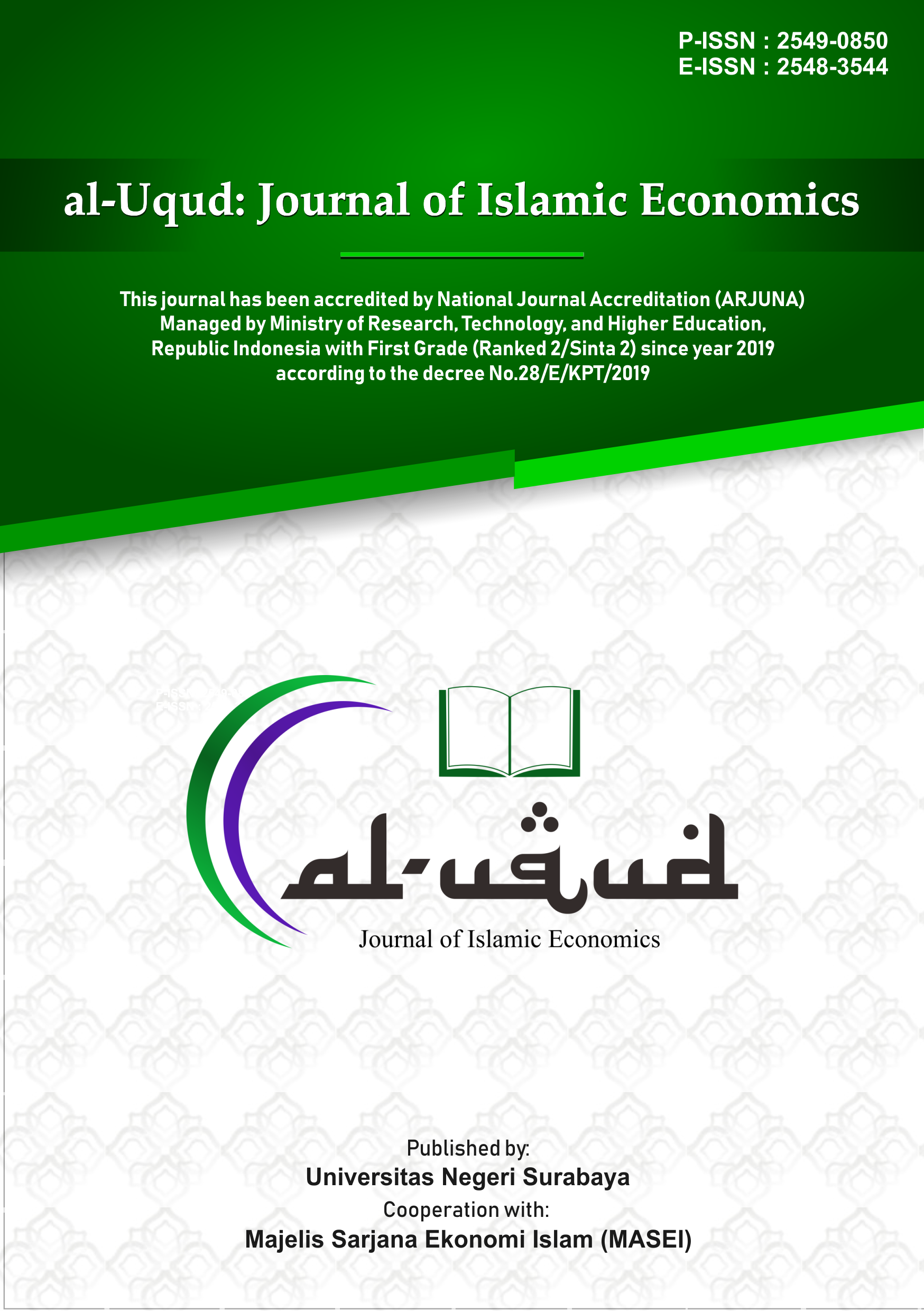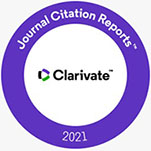Developing halal tourism in a rural context: The role of Islamic spiritual capital
DOI:
https://doi.org/10.26740/aluqud.v7n2.p296-310Keywords:
halal tourism, Islamic spiritual capital, rural tourism, tourism development, tourist villageAbstract
This research aims to obtain an in-depth description of implementing the concept of Islamic spiritual capital in the development of halal tourism in a rural context. The approach used in this research is qualitative, i.e., a field research study. The results showed the importance of cultivating Islamic spiritual capital, reflected through good corporate governance and work ethic, i.e., working hard, smart, and sincerely. This work ethic involves the body, brain, and heart. Islamic leadership prioritises the traits of STAF (Siddiq/truthfulness, Tabligh/advocacy, Amanah/trustworthiness, Fathonah/wisdom). The concept of Islamic spiritual capital can achieve shared prosperity (maqashid sharia) in the community, Village-Owned Enterprises and Tourism Awareness Group, which is realised in the form of maintaining religion (hifz din), protecting the soul (hifz nafs), protecting the mind (hifz aql), protecting offspring (hifz nasl) and finally, preservation of assets (hifz maal). This research implies that better halal tourism management will increase people's economic empowerment in rural areas and create tourism facilities for Muslim consumers, which can become a means of recreation and worship.
References
Hermawan, A., Parmi Rahayu, W., & Hidayat, R. (2022). Spirituality motivation in a cricis as experienced of muslim entrepreneurs. Academy of Entrepreneurship Journal, 28(S7), 1-16.
Izutsu, T. (2006). The Concept of Belief in Islamic Theology: A Semantical Analysis of Iman and Islamic. Islamic Book Trust
Republic of Indonesia. (2009). Undang-undang (UU) Nomor 10 Tahun 2009 tentang Kepariwisataan. https://peraturan.bpk.go.id/Details/38598/uu-no-10-tahun-2009
Rozi, F. & Poernamasari, N. (2024). Branding of Islamic Boarding Schools as New Edutourism in Madura. Proceedings of the 4th Borobudur International Symposium on Humanities and Social Science 2022 (BIS-HSS 2022). https://doi.org/10.2991/978-2-38476-118-0_25
Sutrisno, E. (2023). Ayo Jelajahi Desa Wisata Peraih Rekor MURI.
Zohar, D & Marshall, I. (2004). Spiritual Capital: Wealth We Can Live. Berrett-Koehler Publishers.
Downloads
Published
How to Cite
Issue
Section
License
Copyright (c) 2023 The author(s)

This work is licensed under a Creative Commons Attribution 4.0 International License.
CC BY 4.0 Abstract views: 340
,
Abstract views: 340
, PDF Downloads: 270
PDF Downloads: 270








